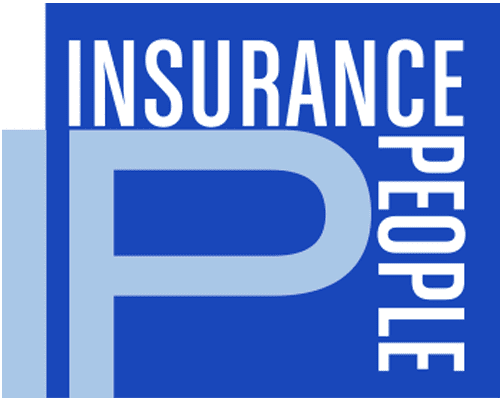Welcome to Work Comp Wednesdays! Insurance People is the industry-leader in North Carolina workers’ compensation insurance. Each week, our team takes a frequently asked question and expands on the issue for our clients, prospective clients, and community members to better understand the confusing nature of Work Comp.
Background:
Despite being illegal, Workers’ Compensation Insurance fraud occurs all too often. Each year, billions of dollars are stolen in the United States due to fraudulent claims and misreported business information. Not only does this misrepresentation adversely affect the business, but it can also affect the state’s workers’ compensation insurance rate system. This can eventually lead to higher premiums for all businessowners. According to Employers Insurance, fraud can be separated into two categories:
- Claim related fraud-committed by unscrupulous workers, medical providers, vendors, attorneys, employers and even insurance company personnel.
- Policy related fraud-committed by policyholders and/or insurance agents. Sometimes, either party can be in collusion with doctors, attorneys, or other professionals.
Below are the four most common types of workers’ compensation fraud:
- The exaggerated claim
Workers who initially sustain a legitimate injury, but exaggerate it’s severity in order to collect more money and stay off the job for a longer period of time.
- Working while collecting benefits
The claimant states that he or she cannot or are not working to continue receiving workers’ compensation benefits while the individual is actually working at another job to simultaneously collect benefits and an additional salary.
- The false claim
The injury either NEVER occurred, or was knowingly misrepresented as a work-related injury to collect medical and/or wage benefits. Staging an accident also falls into this category. This occurs when a worker intentionally injures him or himself to collect medical and/or wage benefits.
- Fraud from the top
Businesses can also break the law through policy related fraud. The two most common types of policy related fraud are under reporting of payroll and employee misclassification.
We understand that it can be challenging to identify the fraud before it takes place. However, there are indicators that present warning signs of potential claim fraud. In fact, experience shows that when two or more of the following warning signs are present, there is a chance the claim could be fraudulent.
- Monday Morning Reports
The alleged injury occurs first thing on Monday morning, or the injury occurs late on Friday afternoon but is not reported until Monday.
- Suspicious Providers
An employee’s medical providers or legal consultants have a history of handling suspicious claims, or the same doctors and lawyers are used by groups of claimants.
- Conflicting Descriptions
The employee’s description of the accidents conflicts with the medical history or first report of injury.
- Treatment is Refused
The claimant refuses a diagnostic procedure to confirm the nature or extent of an injury.
- Claimant is Hard to Reach
The allegedly disabled claimant is hard to reach at home.
- Employment Change
The reported accident occurred immediately before or after a strike, job termination, layoff, end of a big project or at the conclusion of seasonal work.
- No Witnesses
There are no witnesses to the accident and the employee’s own description does not logically support the cause of injury.
- History of Claims
The claimant has a history of a number of suspicious or litigated claims.
- Late Reporting
The employee delays reporting the claim without a reasonable explanation.
- Changes
The claimant has a history of frequently changing physicians, changing addresses and numerous past employment changes.
Insurance is driven by many different hands and minds. The legal system, governments, bureaus, insurance companies, medical providers, states and more. It is our job to create understanding, bringing light to your insurance program. Therefore, our communication must be human “plain speak,” and most importantly, confusion and frustration free!
If you are interested in setting up a 15-minute Discovery Conversation to better understand the risks facing your organization, please contact an Insurance People Master Work Comp Advisor

